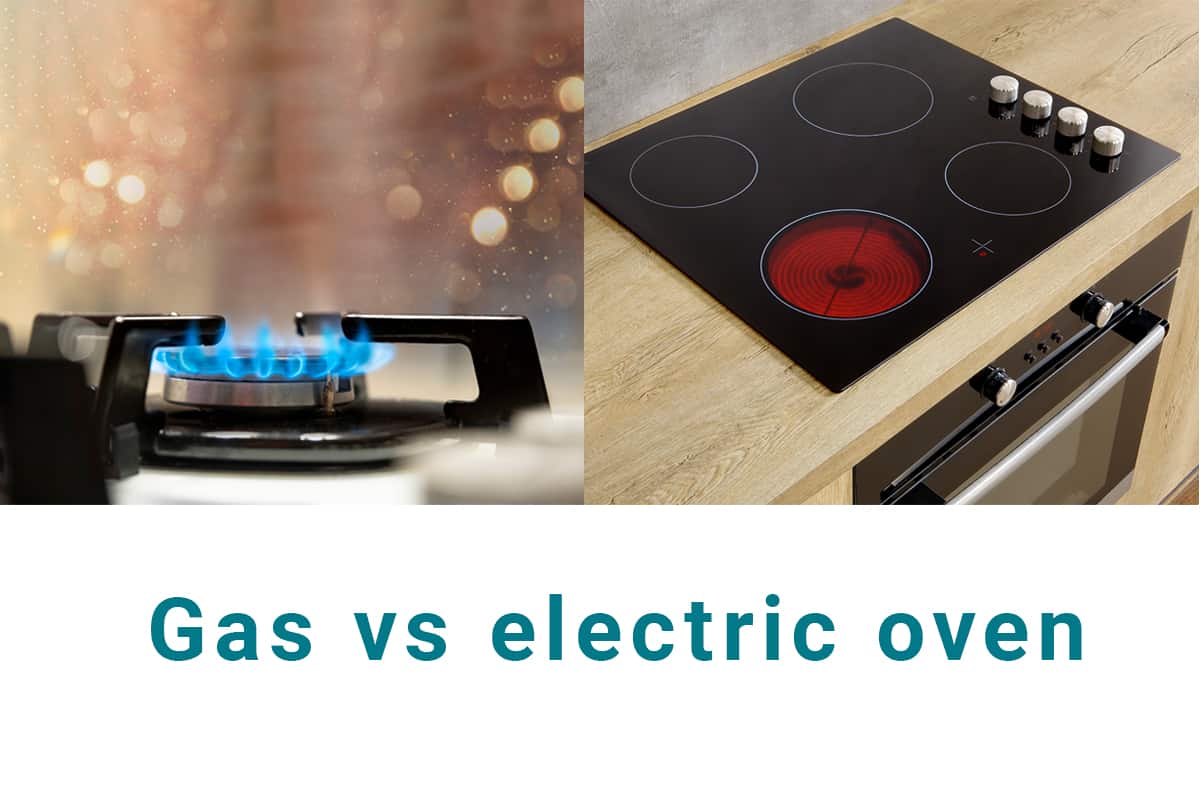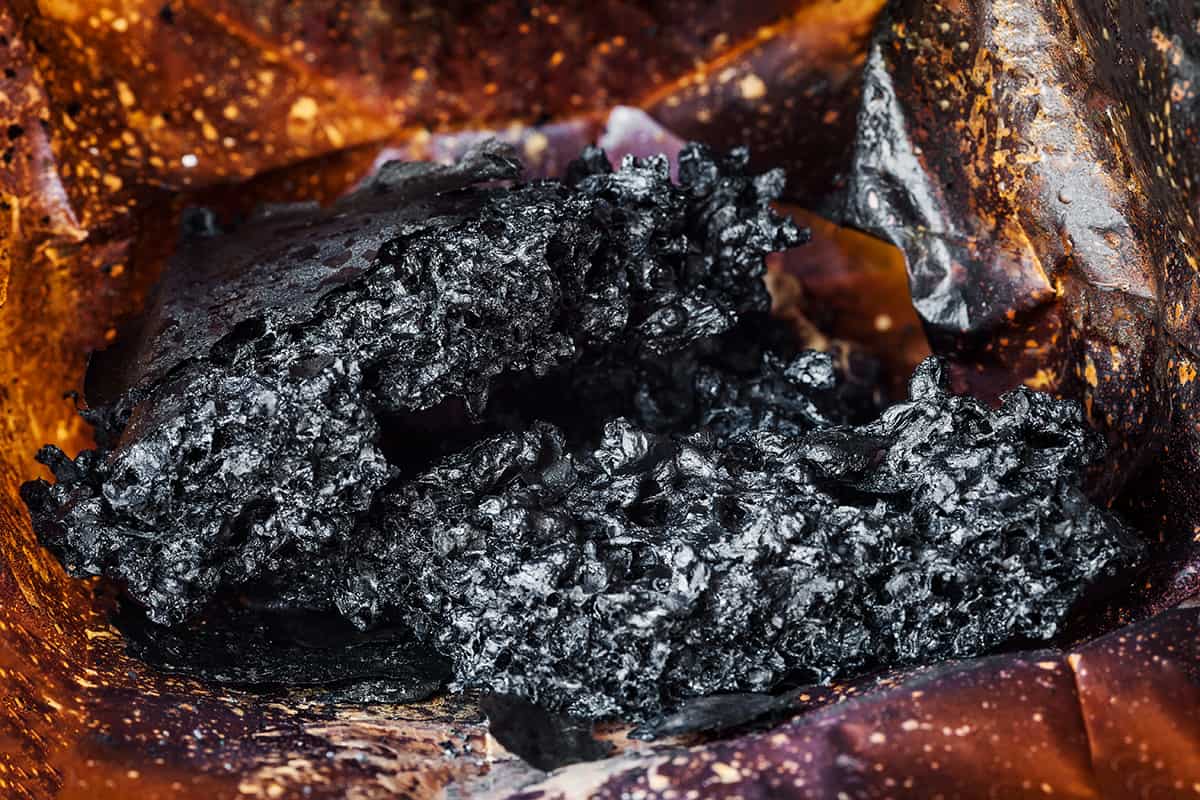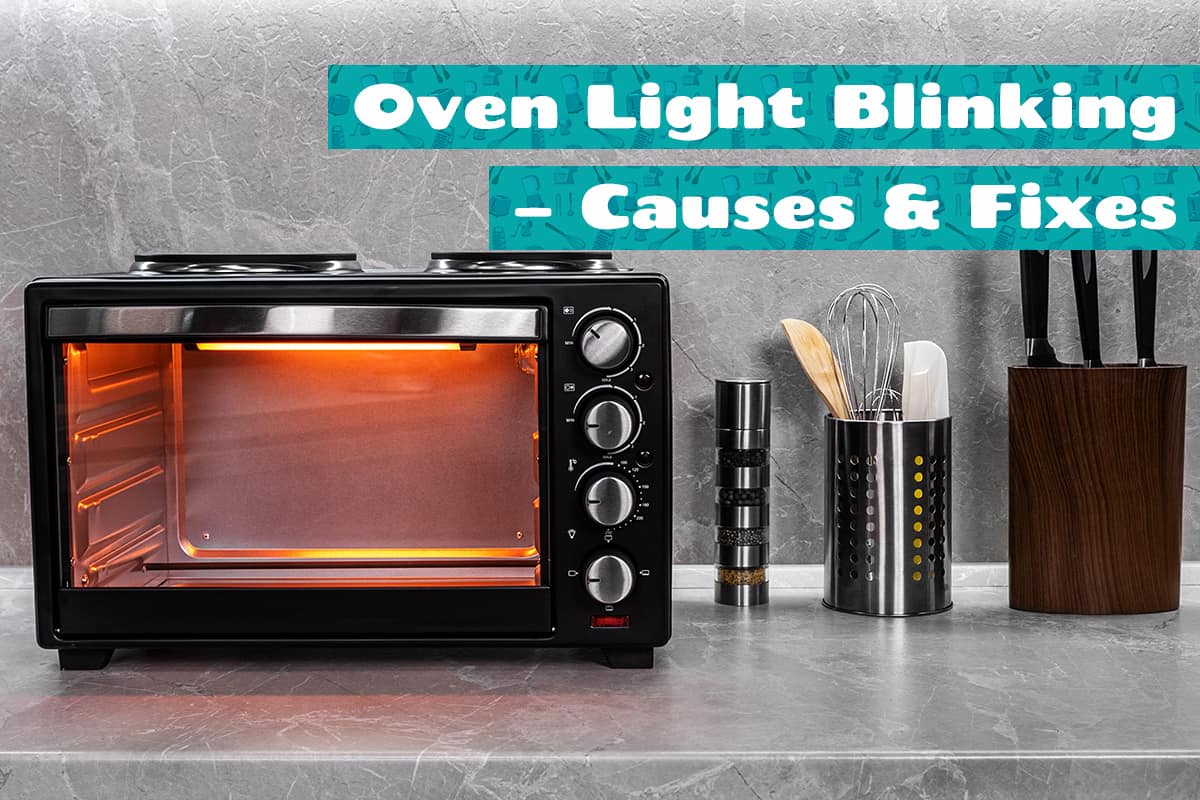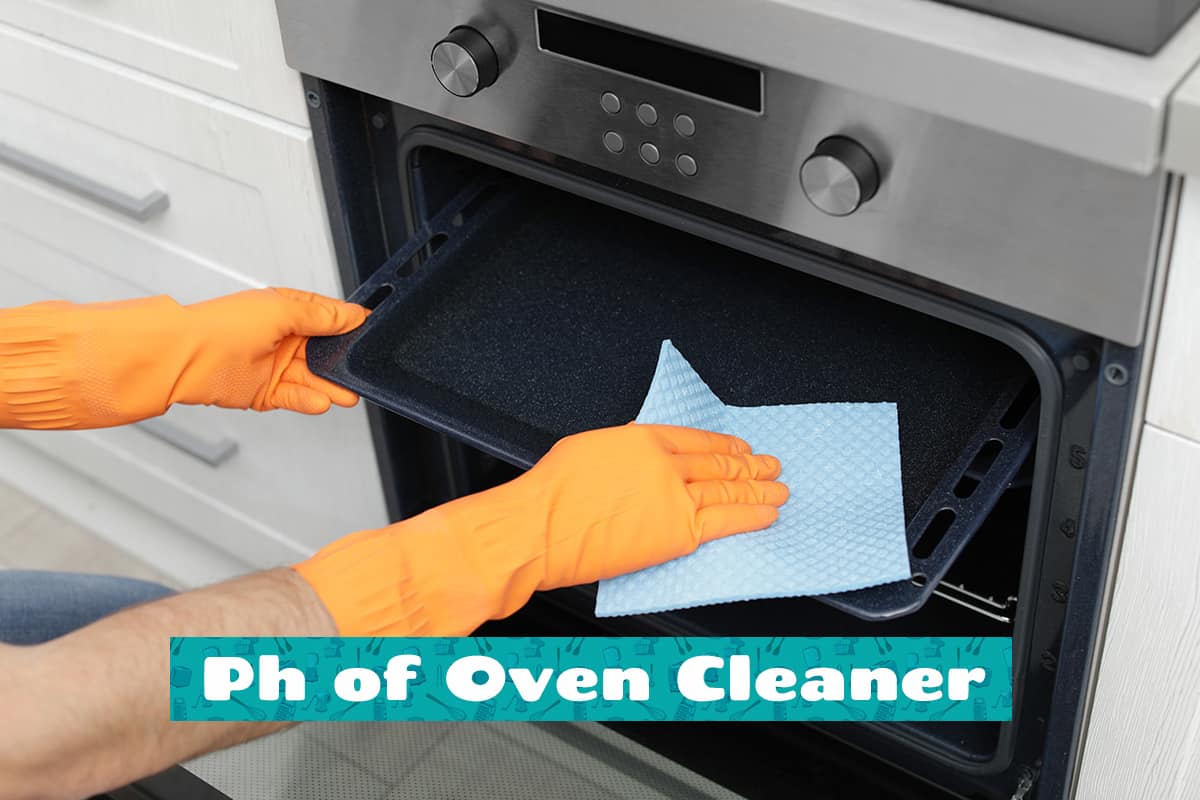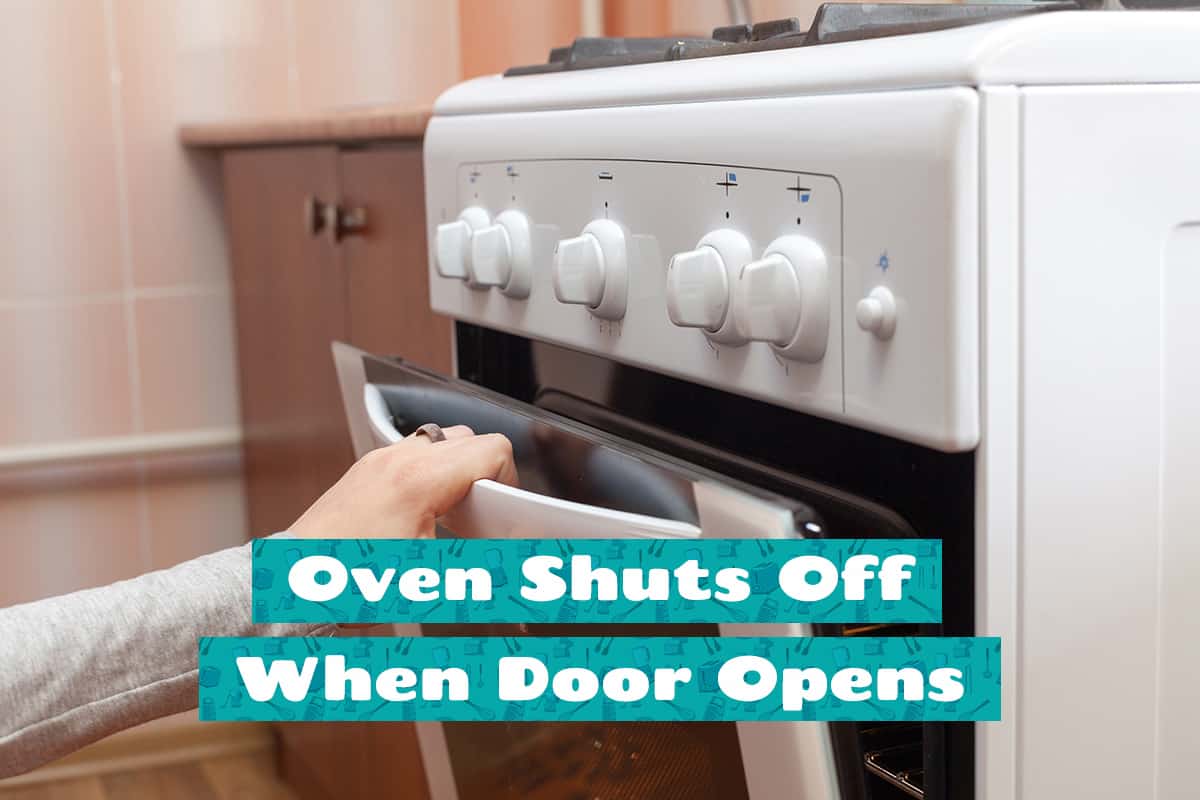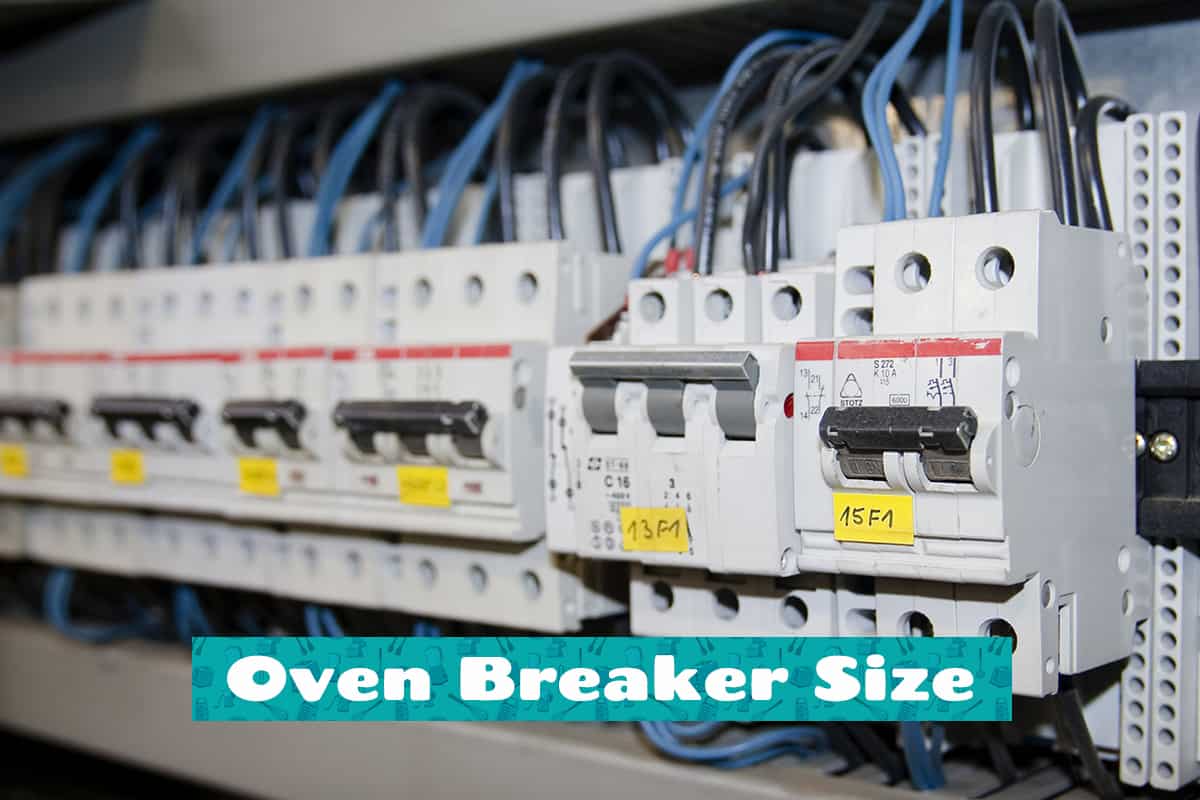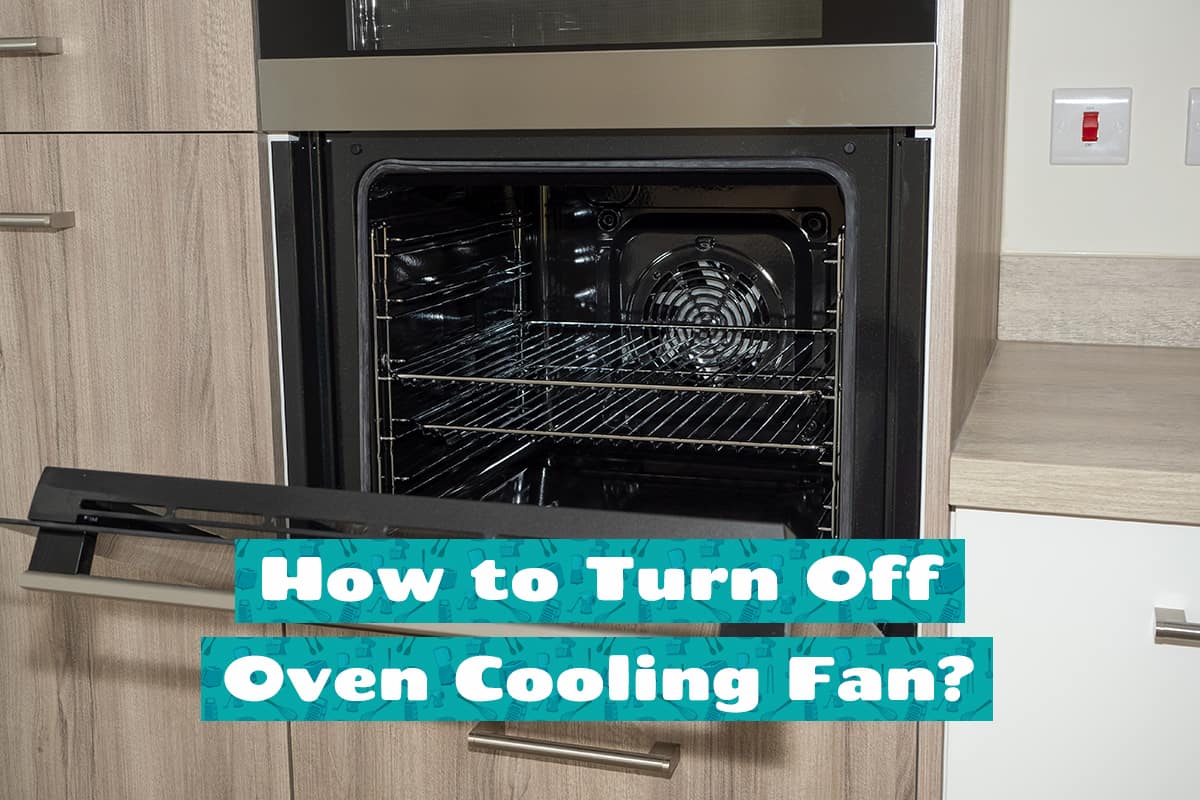If you’re in the market for a new oven, then you’re probably considering the differences between gas ovens and electric ovens to work out which one will be best for you.
Though both gas ovens and electric ovens do a good job of cooking food, there are some key differences you should be aware of regarding cost, installation, cooking speed, and even the type of heat they produce.
Here we investigate the pros and cons of gas and electric ovens so you can judge which presents the best option.
Gas Oven Pros and Cons
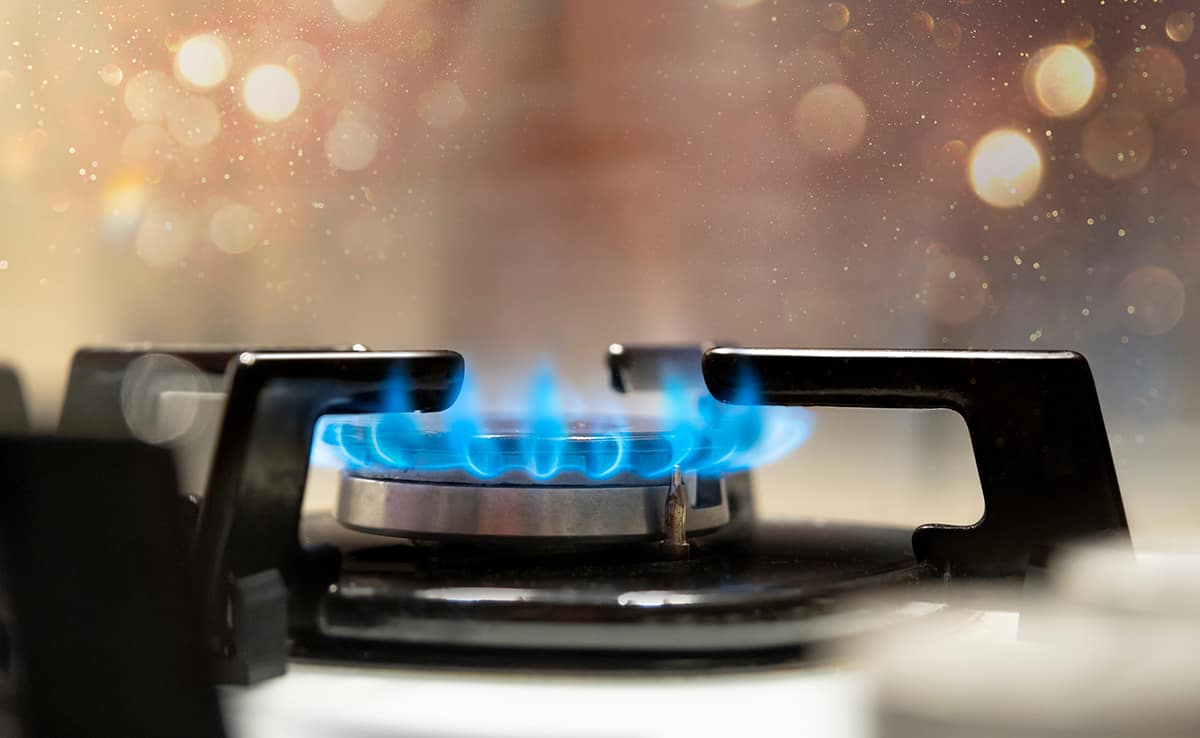
Pros
Temperature control
If you enjoy precision in the kitchen, then the level of temperature control you get with a gas oven is going to be appealing. You can change the temperature on a gas oven and it will quickly raise the temperature inside the oven either up or down as you require. This is one area where electric ovens fail, because they can take a long time to change temperature.
Energy cost
One of the biggest advantages of using a gas oven is the running costs, which are significantly lower than the costs associated with running an electric oven. Some reports have indicated that using a gas oven will cut your cooking bills in half, compared with using an electric oven.
Heat speed
Gas ovens heat up very quickly, typically reaching your desired temperature 10 to 15 minutes quicker than an electric oven. If speed and convenience are high on your list of priorities, then a gas oven could be the best choice for you.
The reason a gas oven heats up more quickly is because of the way it is designed. The gas heats all surfaces inside the oven, whereas an electric oven is heated by the elements at the top or bottom, which means it hits high temperatures more slowly.
Cons
Moist heat
The type of heat you get from a gas oven is moister than an electric oven. This could be considered a pro or a con depending on what you’re cooking, but for most people, it is negative. Moist heat can be useful for cooking chicken breasts, helping you retain moisture in the meat and giving it a juicy texture, but for most other foods, dry heat will give better results.
Installation
You will need a licensed gas engineer to install a gas oven, which can be both inconvenient and costly. First of all you will need to locate a reliable engineer, and then you’ll need to wait until they have a suitable appointment to have your oven installed. Never attempt to install a gas oven yourself, as this can be a very dangerous appliance when not installed correctly.
Safety concerns
Some people worry about using gas appliances because of the associated safety risks. Gas leaks are possible with gas ovens, but modern appliances are designed with plenty of features to keep you safe, so it shouldn’t be an issue for most people. However, if you do have a tendency to worry about safety, then a gas oven may not be the best choice.
Hard to clean
Gas ovens are particularly difficult to clean compared with their electric counterparts, so bear this in mind if your cleaning skills are somewhat lacking.
Purchase price
Gas ovens are typically a little more expensive to buy than electric ovens, which means more money needs to be spent upfront to purchase a gas oven. However, the cost is somewhat offset by the fact that gas ovens are cheaper to run.
Space
The design of gas ovens makes them slightly bigger than electric ovens, so this can be a problem if you have a compact kitchen, or you simply want to make the most of all the space you have.
Electric Oven Pros and Cons
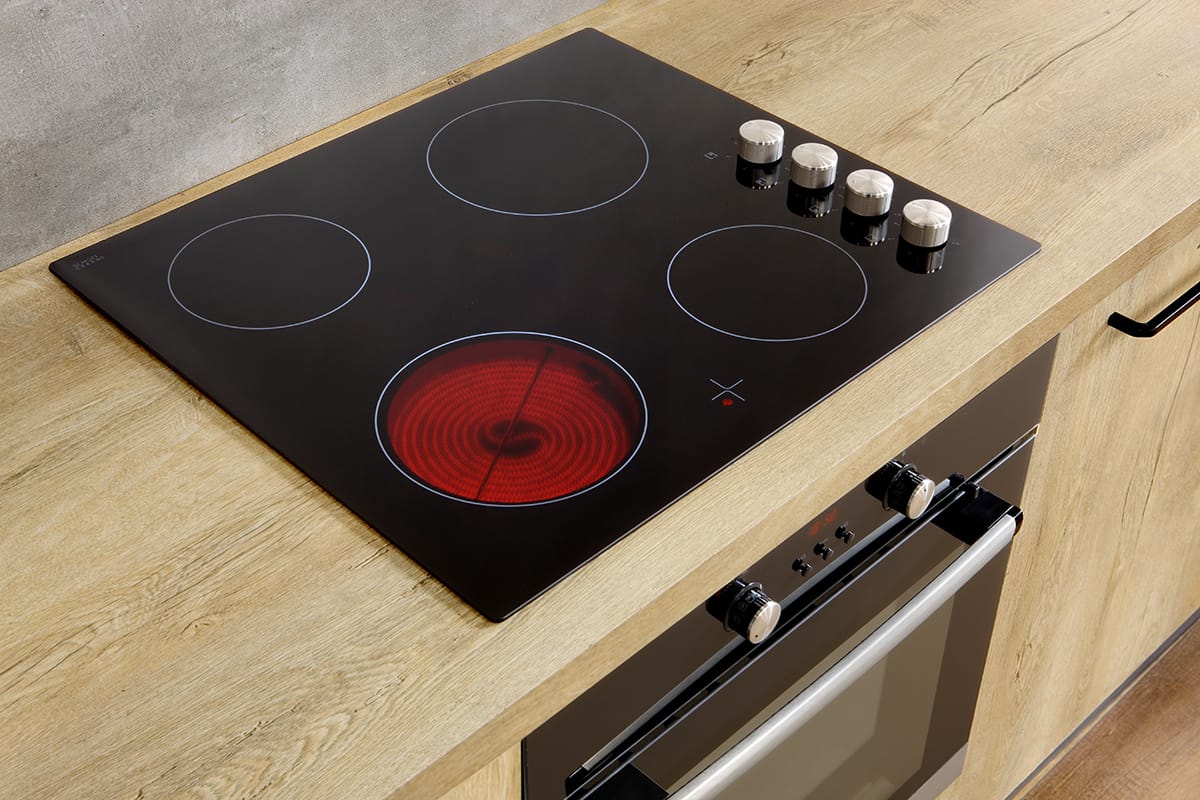
Pros
Installation
When you buy an electric oven, getting it up and running is as simple as plugging it into a power outlet in the wall. This makes electric ovens much less hassle to install because you won’t need to hire a specialist gas engineer.
Dry heat
The type of heat produced by an electric oven is drier than the heat produced by a gas oven. In most cases, this is considered a benefit. Dry heat is better for baking and roasting, and it will give you a crispier texture on foods such as french fries and chicken wings.
Easy cleaning
Electric ovens are easier to clean in general than gas ovens, but many modern electric ovens have self-cleaning capabilities, which gas ovens do not, making them even better for low-maintenance households. For electric ovens with an easy clean setting, you just need to adjust the knobs to the correct setting and let the oven take care of the rest. It will reach high temperatures to burn off any stains or spills in the oven, so you never have to physically clean the oven yourself again.
Purchase price
Electric ovens are less expensive to buy compared to gas ovens. One reason for this is supply and demand. Electric ovens are more common, and as a result, there is greater competition and availability, which pushes the prices of these appliances down.
Compact
Electric ovens tend to be smaller than gas ovens, which can be useful if you have a small kitchen. With an electric oven, you can maximize storage space rather than taking up additional space with a bulky gas oven.
Cons
Slow to heat up
One of the biggest complaints with electric ovens is that they can take a long time to preheat. This is certainly a major drawback compared to gas ovens which are quick to heat up, especially if you have a busy life and don’t have time to waste waiting for your oven to get hot. However, once they reach temperature, electric ovens maintain heat really well.
Slow to change the temperature
Electric ovens are slow to change temperature, and this is the case whether you want to increase or decrease the temperature.
Energy cost
Electric ovens are, unfortunately, much more expensive to run than gas ovens. If you use your oven an average amount, then you can expect an electric oven to result in a bill double the size of an average gas oven bill. If you use your oven a lot, for example, if you run a baking business from home, then you are going to find that the extra running costs can seriously eat into your profit.
However, it’s worth bearing in mind that although electric ovens cost more money to use, they also cost less to buy, so over the course of a few years, you may find that the total costs of both gas and electric ovens work out to be quite similar.
Which Oven Cooks Best?
The answer to this question depends on the type of cooking you mostly do. Gas ovens without fans are great for achieving different results in the same oven, for example, roast potatoes on the bottom shelf and chicken on the top shelf.
However, electric fan ovens are best for overall more even results because the fan circulates the heat. Some gas ovens also come with a fan, but most do not. Gas ovens also get hotter, so you have to watch out for burnt edges on food more carefully than you would with an electric oven.
